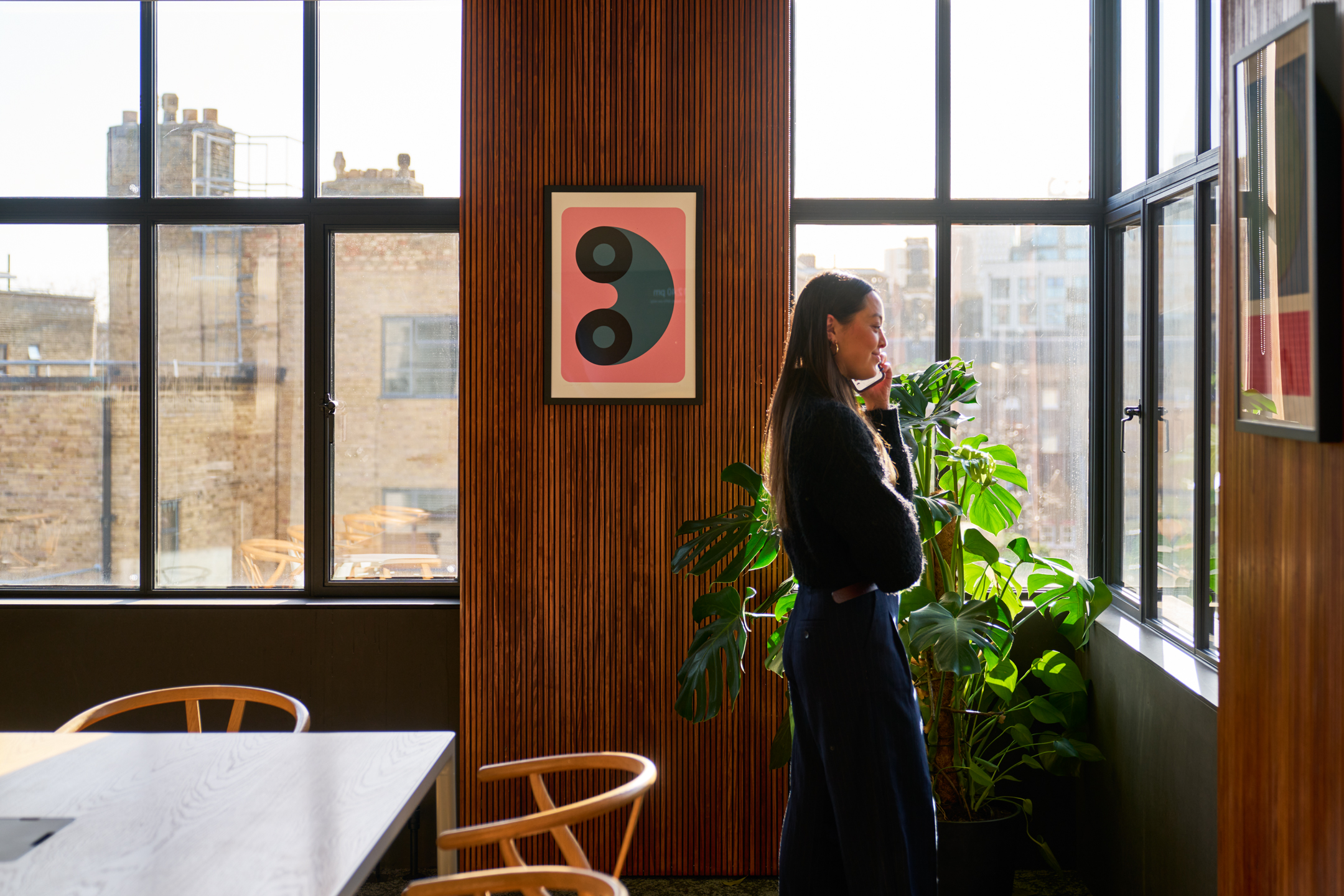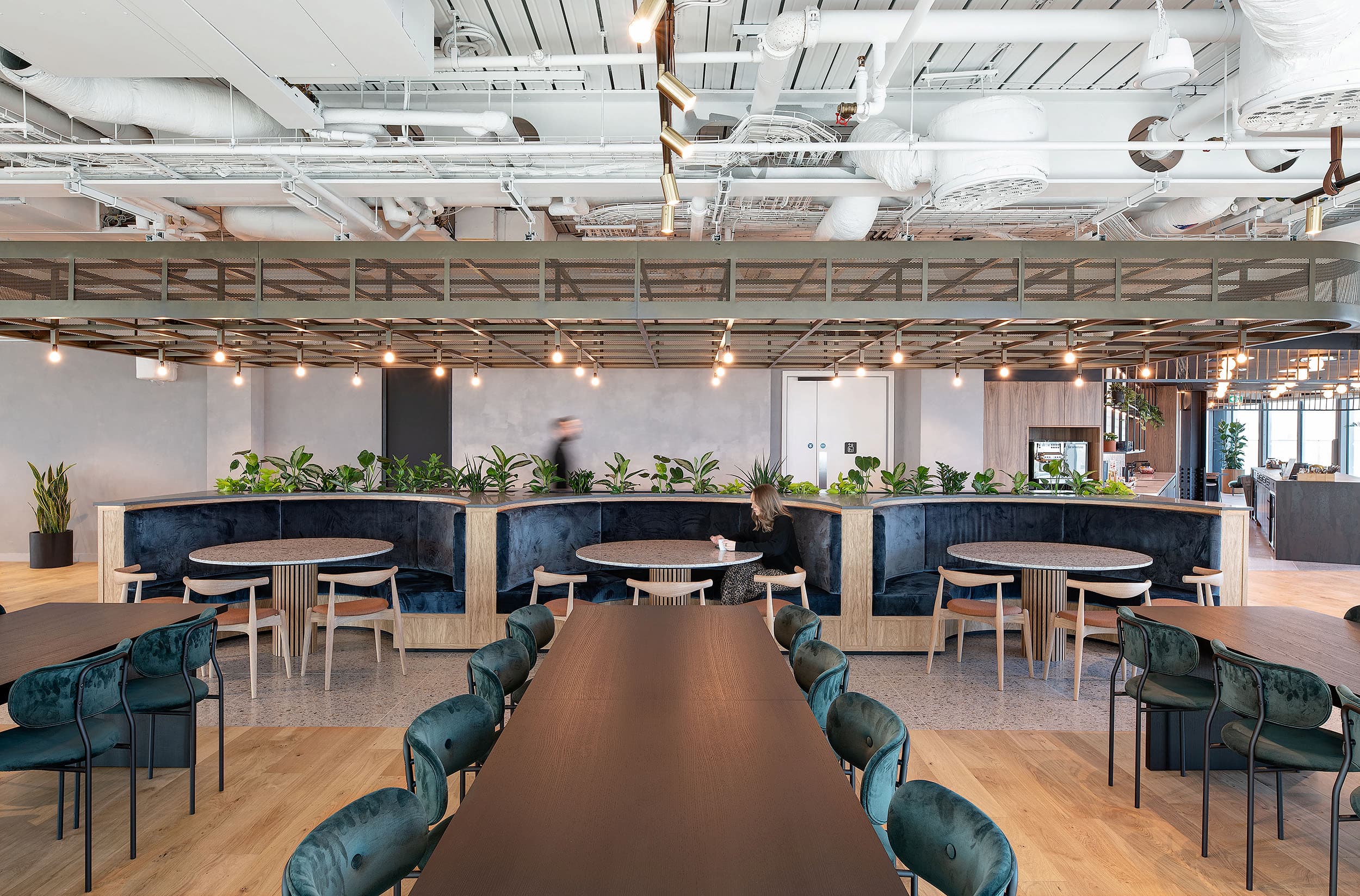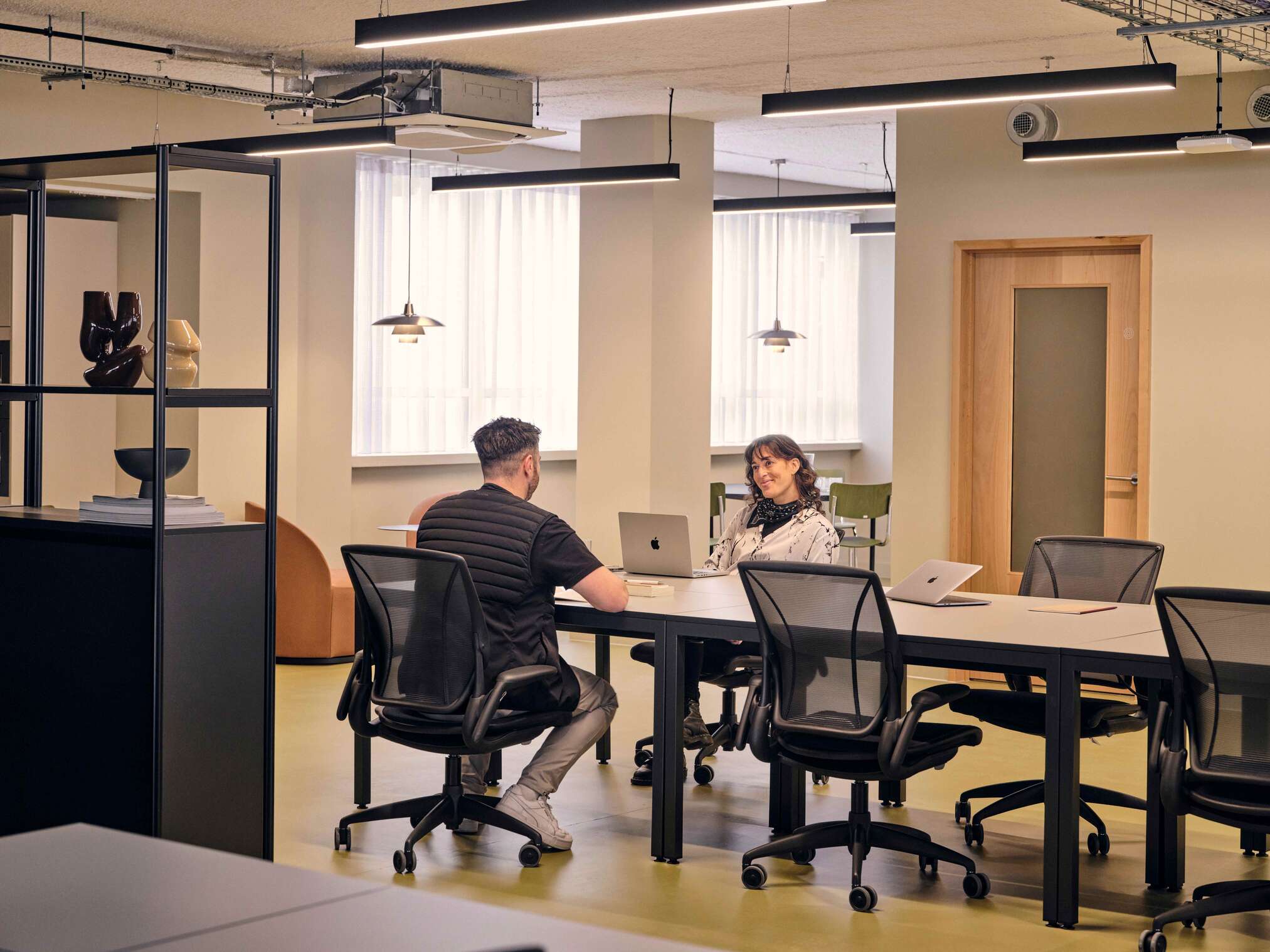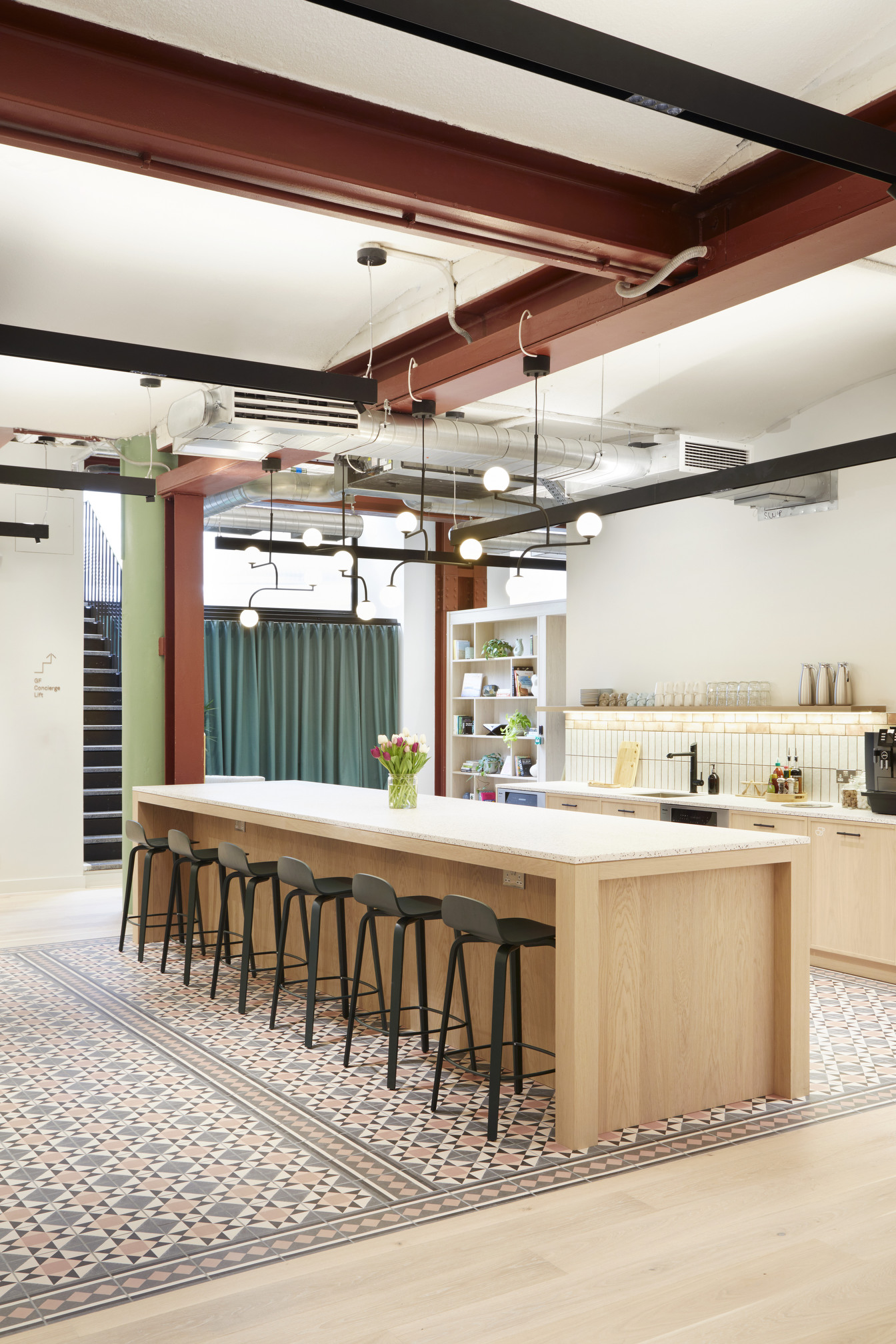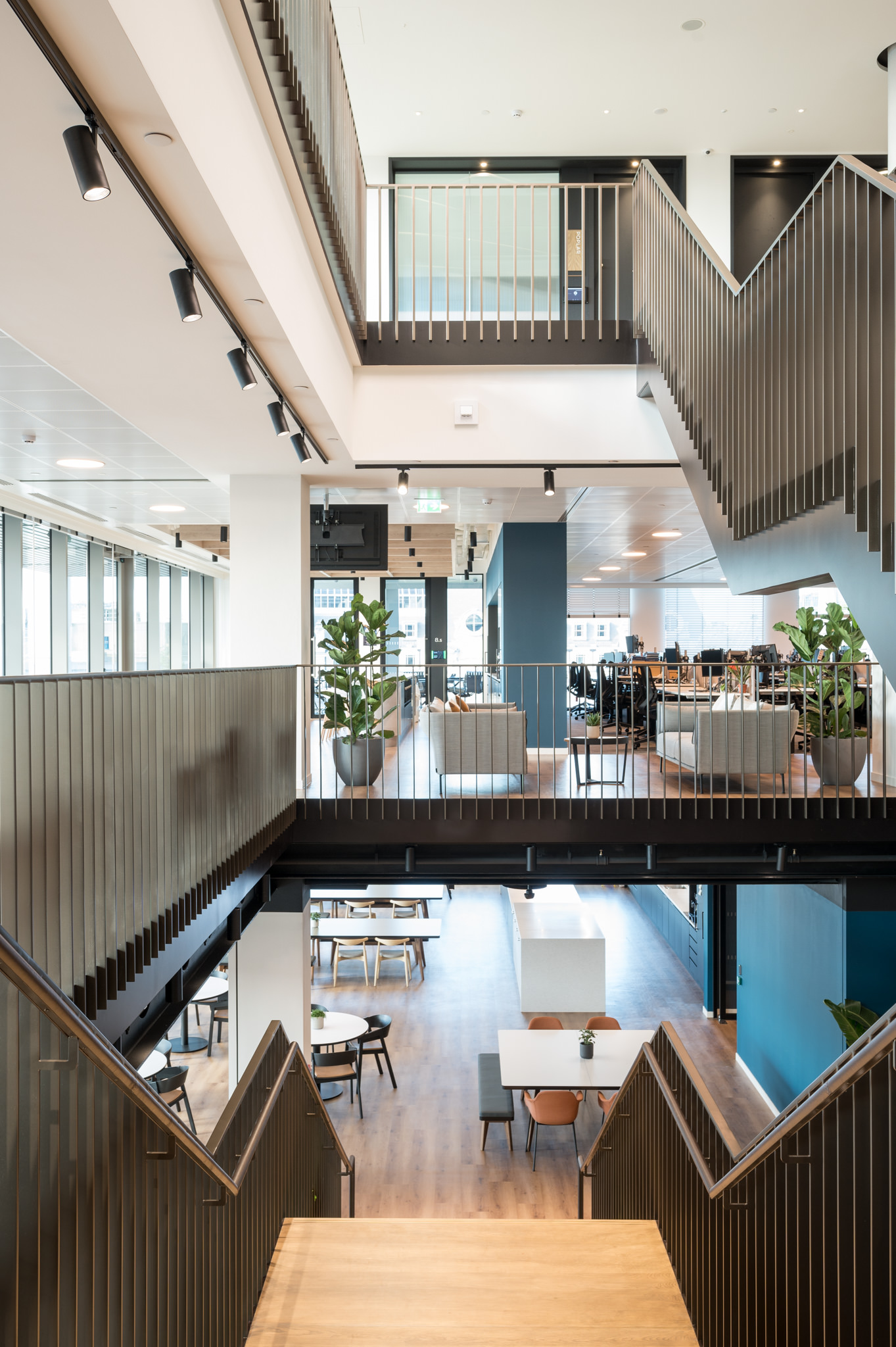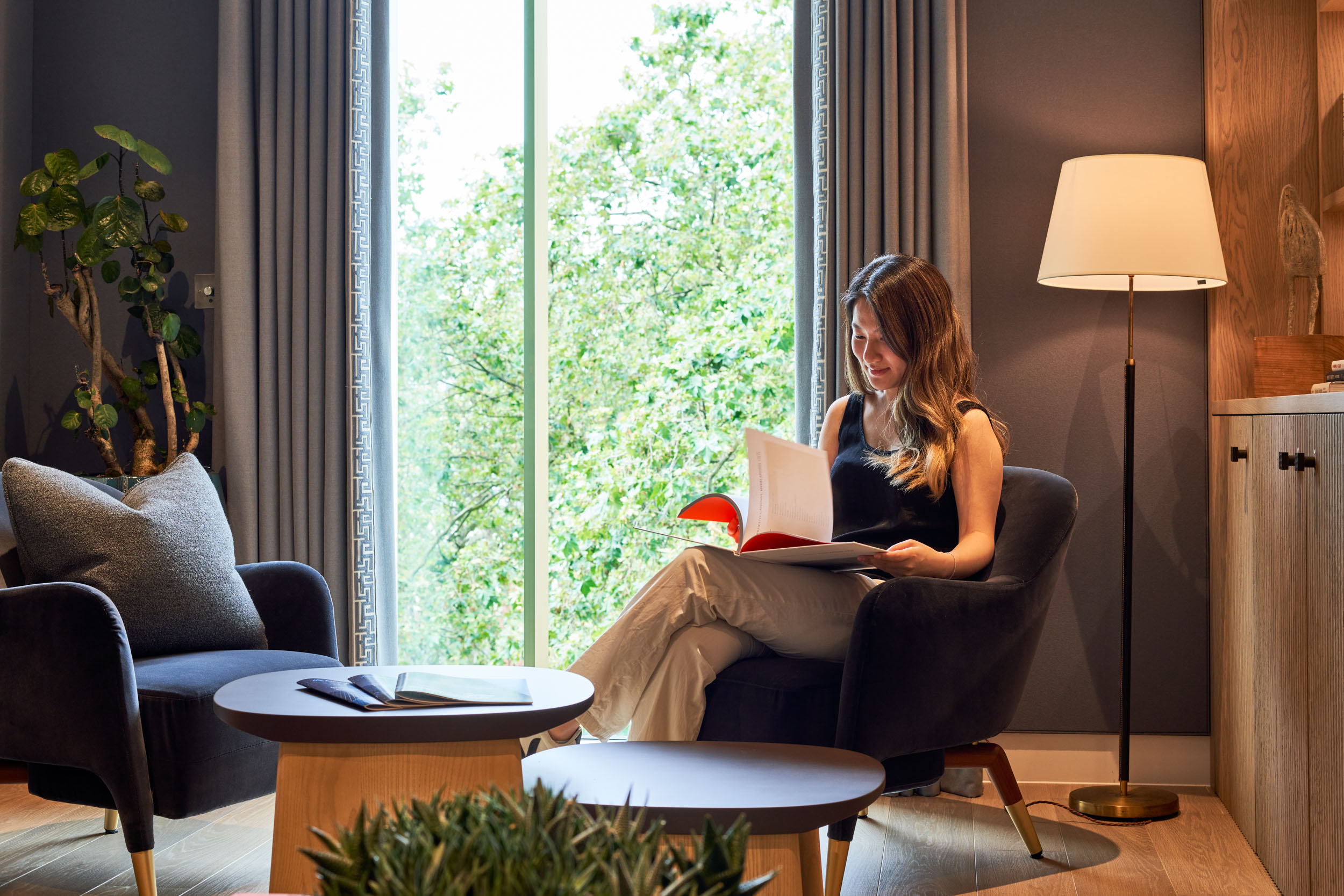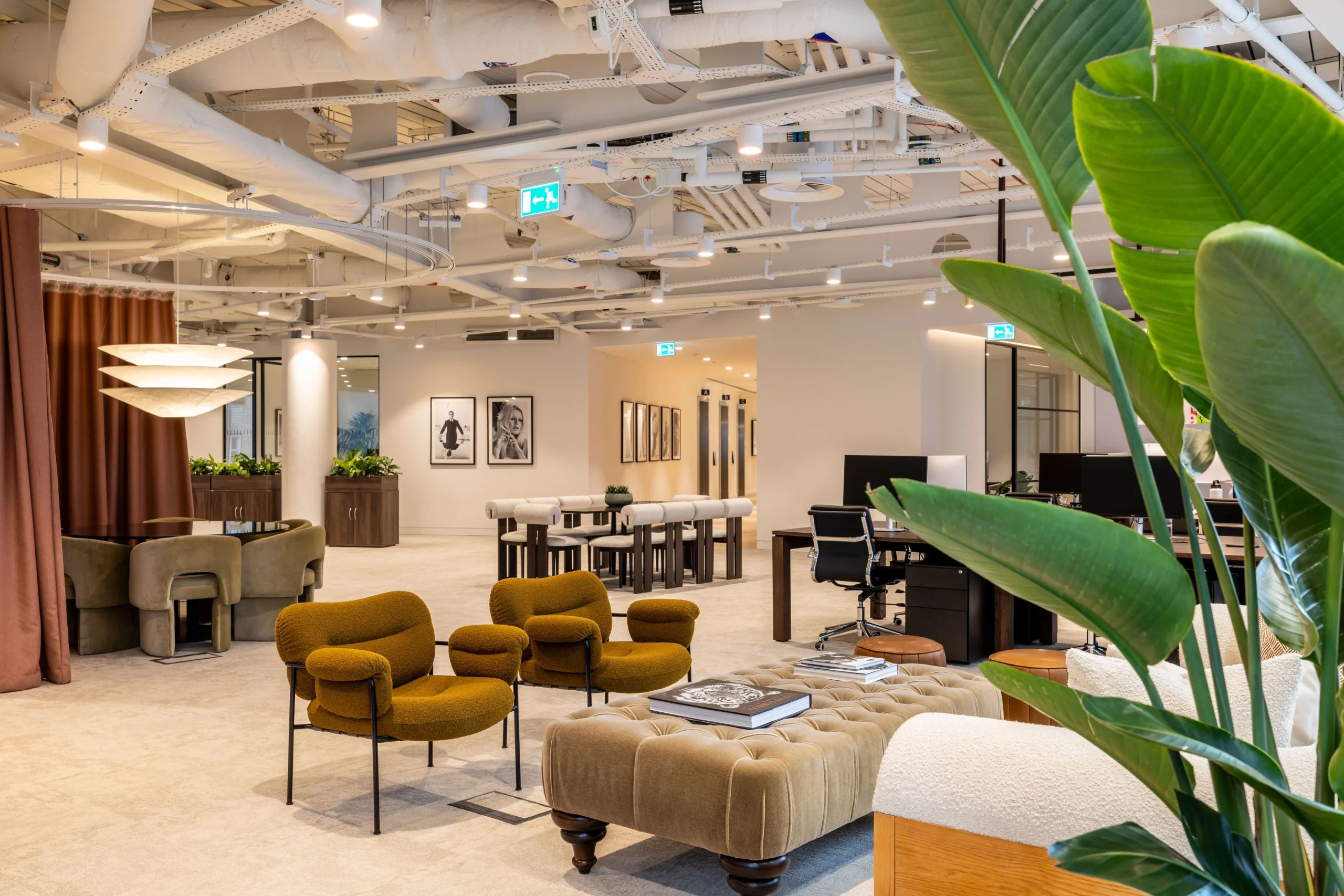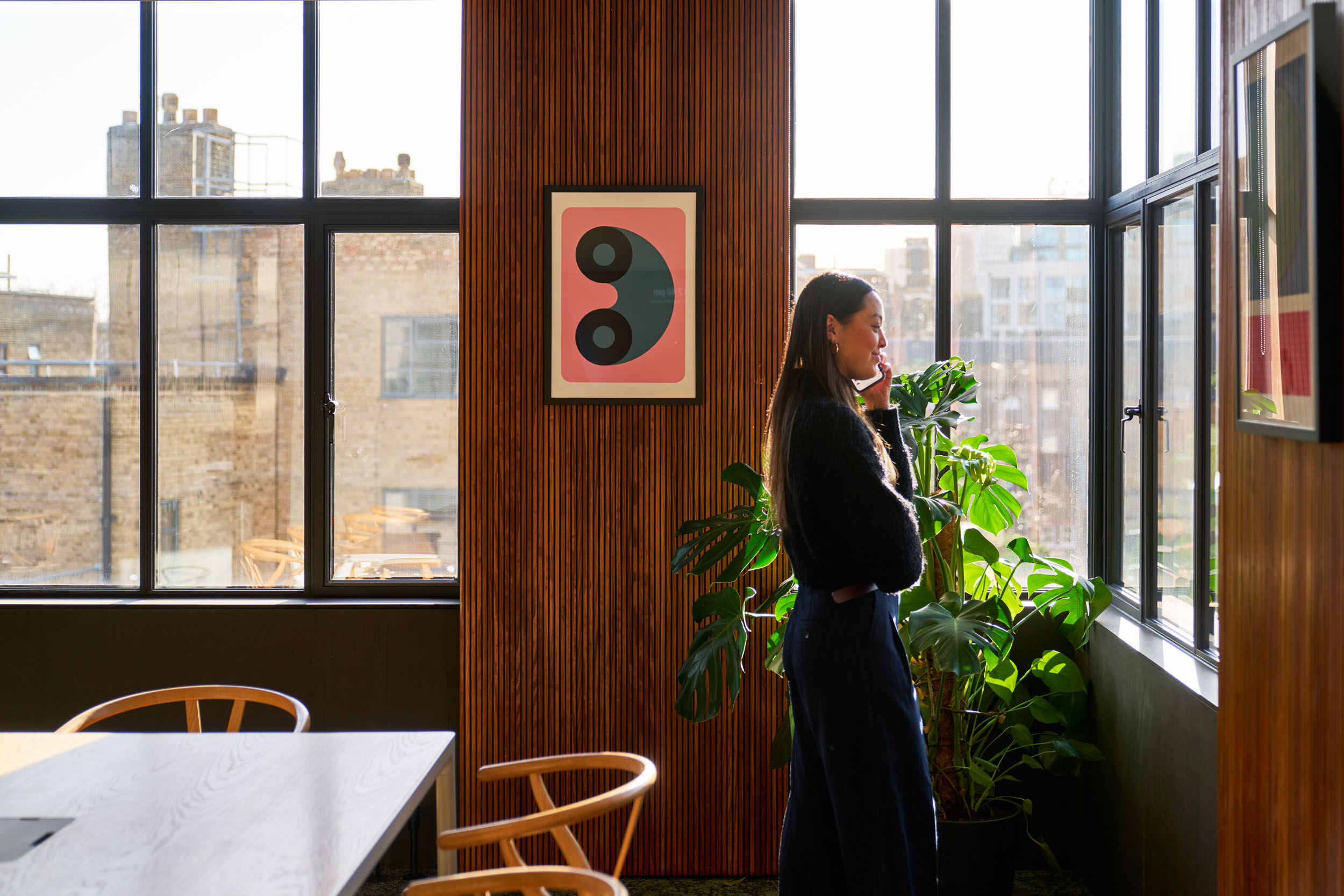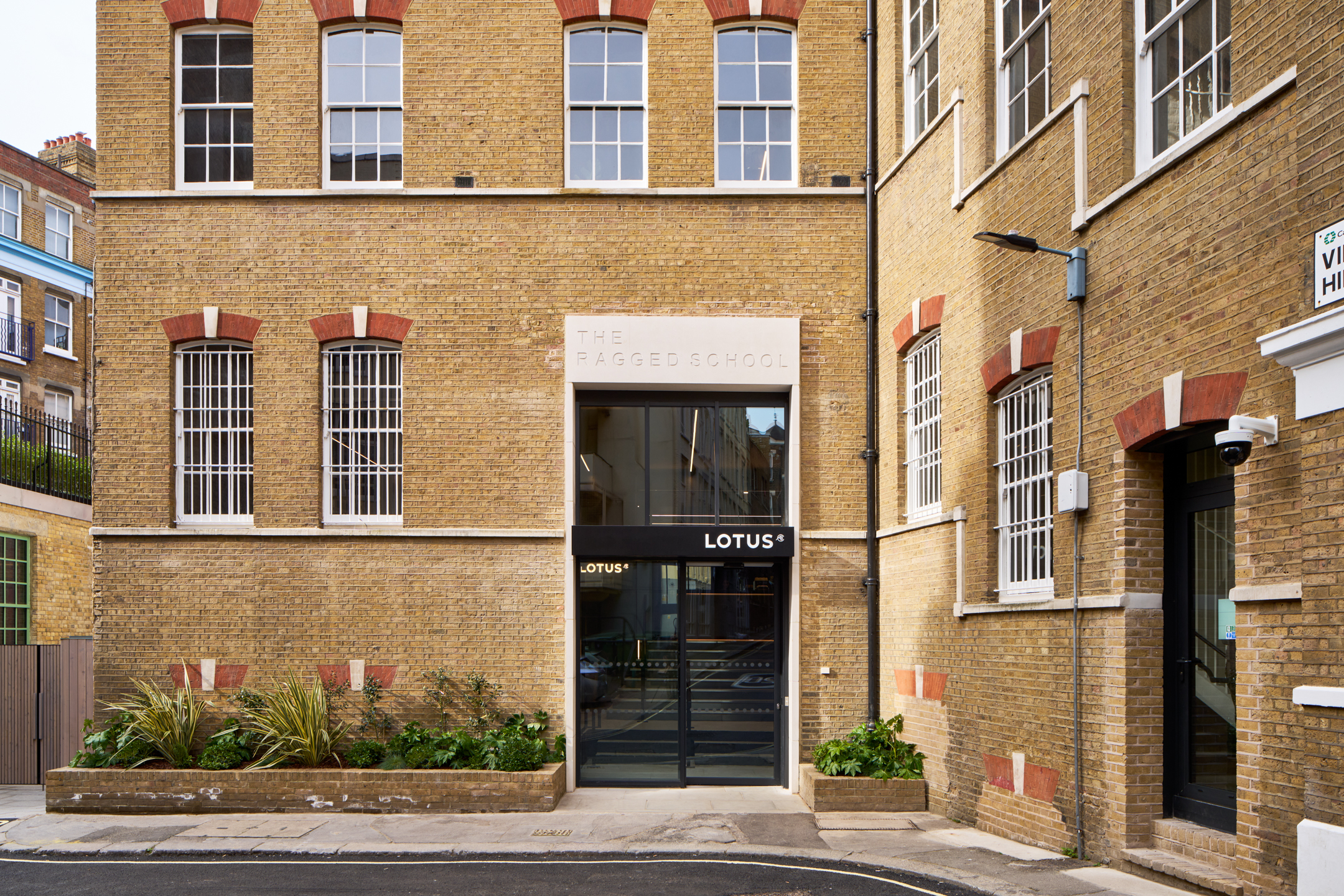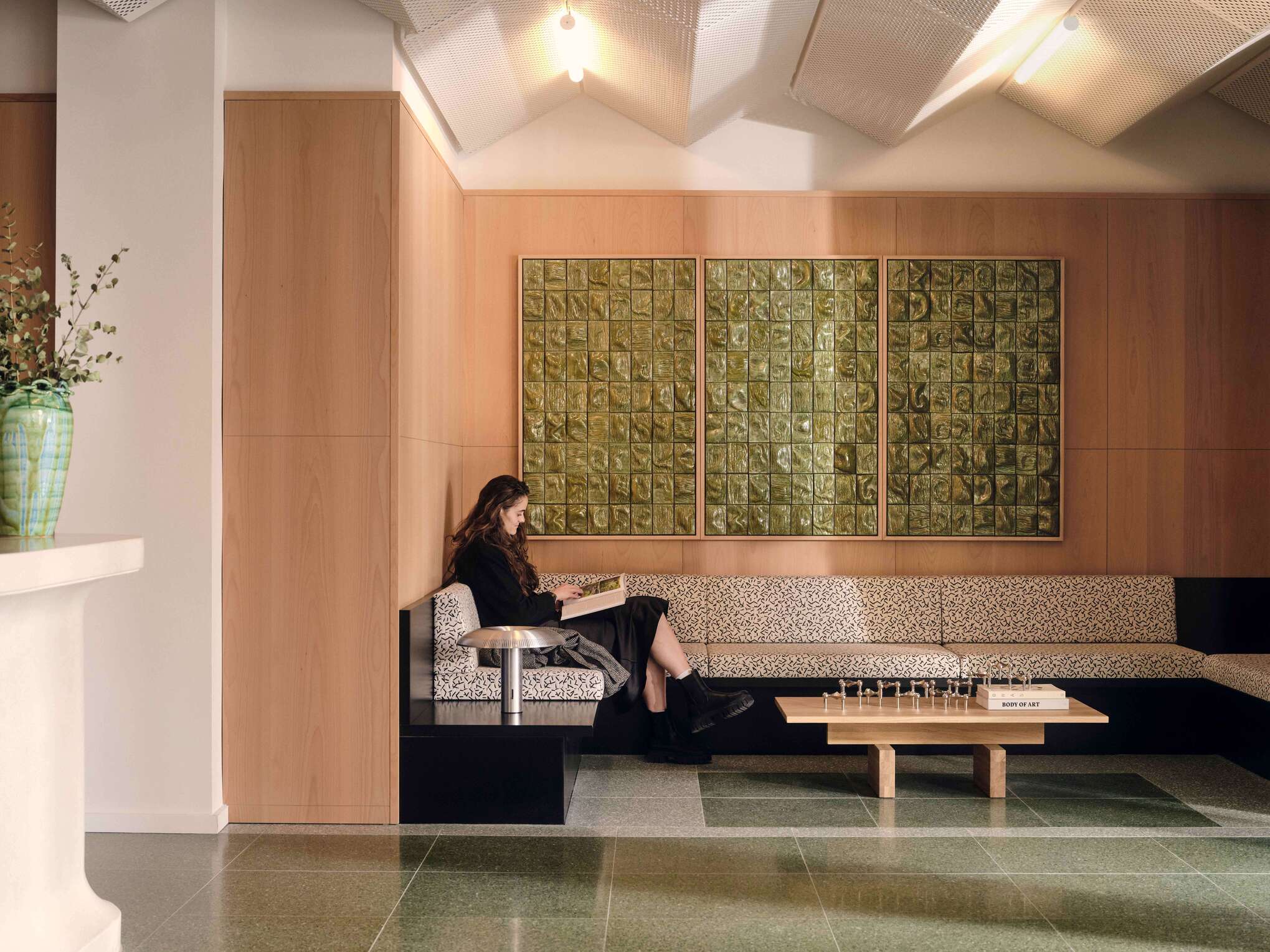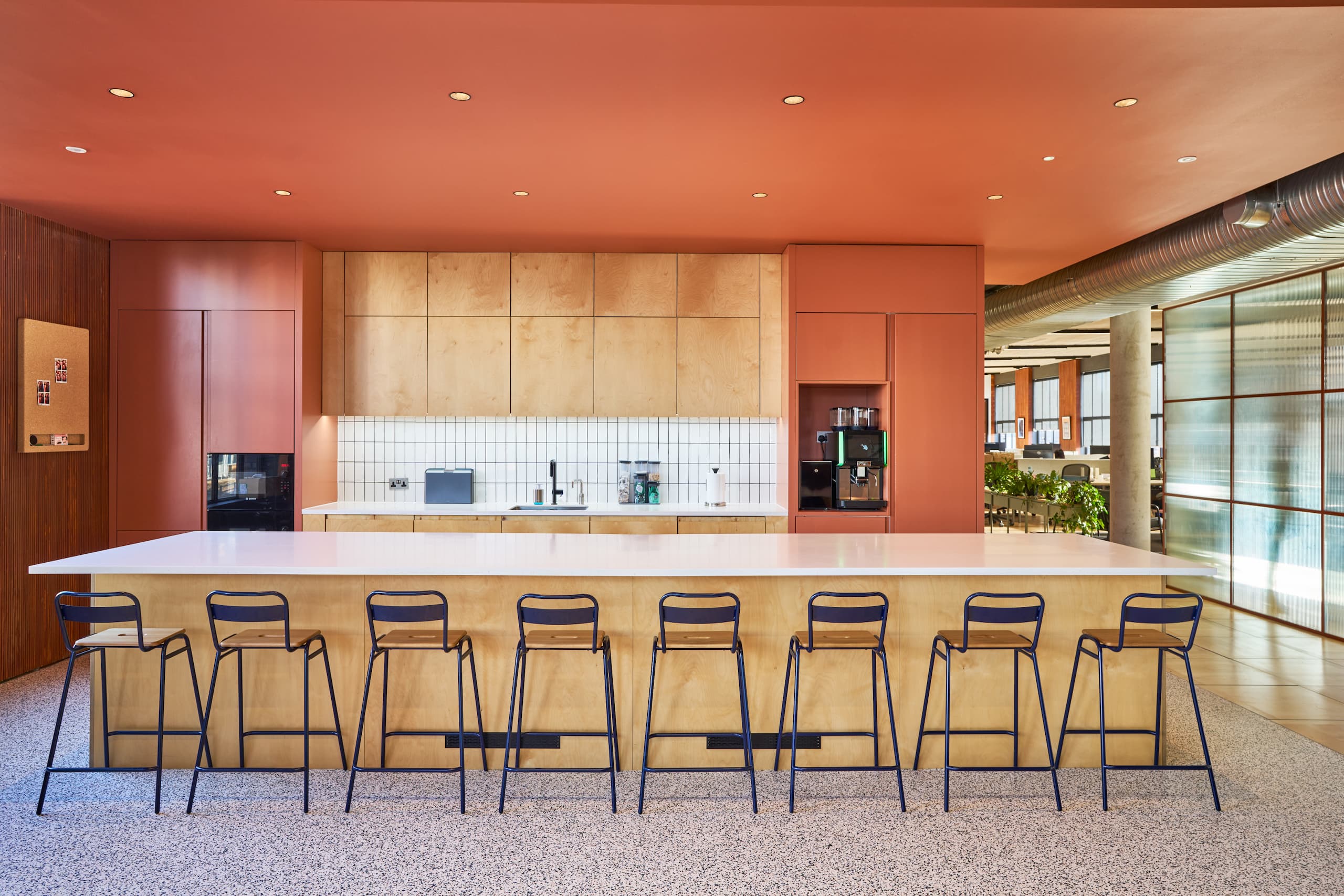Connecting People, Purpose, and Place: Insights from Workplace Summit
Dive into insights from The Workplace Summit 2023, where we unpack the future of work in a post-pandemic world. This article takes you through the shift towards flexible work models, the rising voice of employees, and a fresh focus on wellness, diversity, and green practices. Explore how blending digital and physical environments enhances knowledge sharing and learn about crafting workplaces that connect and inspire. Discover the transformation of workspaces where people, purpose, and place come together.
People: Work, Culture, and Community
The pandemic has rewritten the rulebook of work, reshaping not only our physical spaces but also the essence of workplace culture and community. The Workplace Summit highlighted the shift towards hybrid work models, the rising power of employees, and the imperative of health and diversity in the workplace.
The difference between explicit and implicit knowledge becomes crucial in the hybrid workspace. Explicit knowledge can be easily documented and shared, while implicit knowledge comes from personal experience and is more challenging to capture remotely. Companies should encourage both types of knowledge sharing, using methods like mentorship, virtual workshops, and social interactions to ensure employees develop skills and expertise effectively.
Delivering positive social impact through real estate requires a holistic approach, including promoting sustainability, encouraging innovation, and building inclusive cultures. By aligning real estate with the ESG (Environmental, Social and Governance) framework and the UN Sustainable Development Goals, companies can create spaces that drive economic value and contribute to social wellbeing.
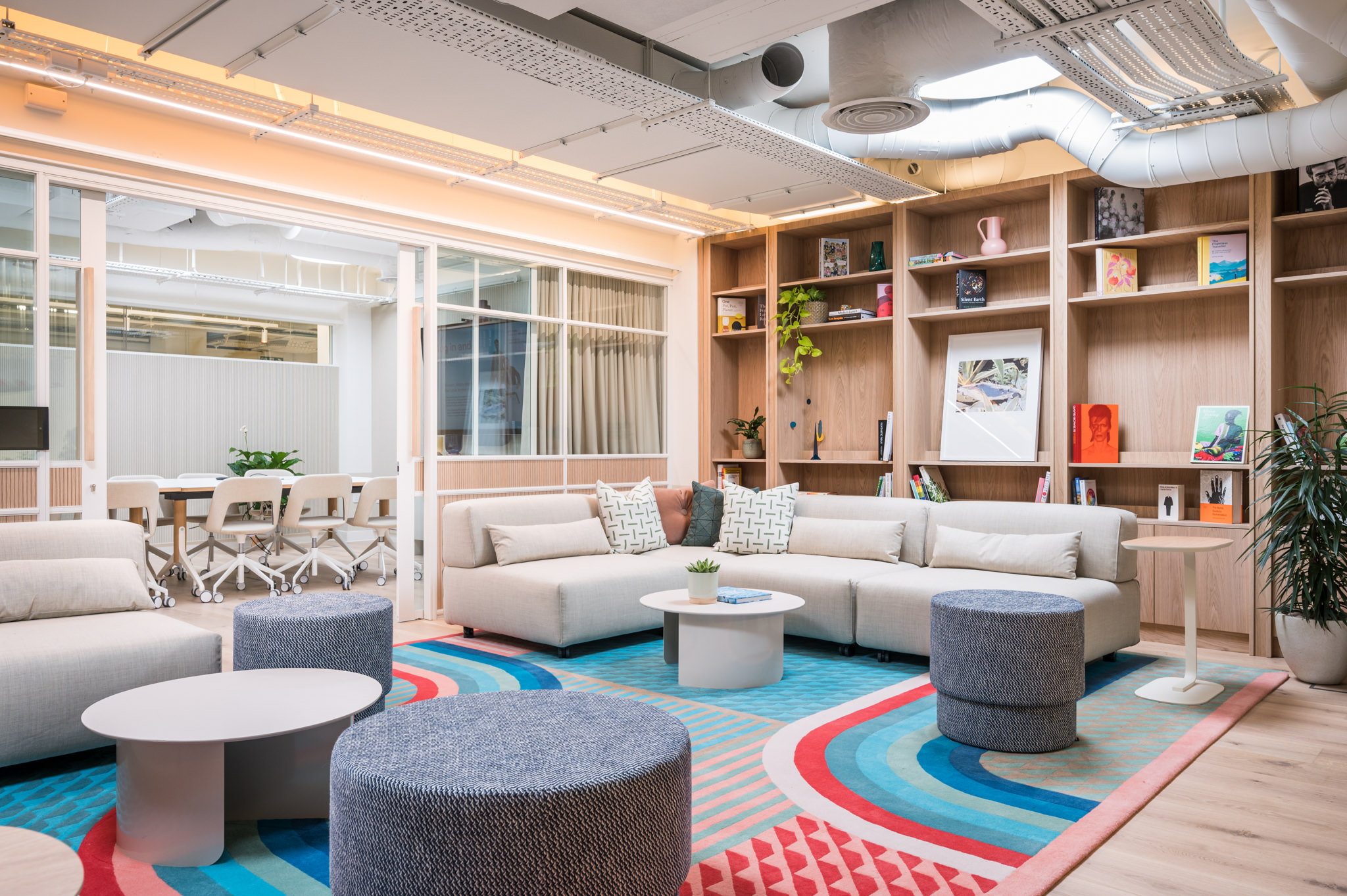
Hybrid Working
The shift towards hybrid working requires a reimagining of the workplace experience. Components such as inclusive design, leadership, culture, and technology play important roles in creating a seamless hybrid ecosystem. Addressing technology frustration is essential, as well as ensuring that office spaces align with the evolving needs of remote and in-person collaboration.
Integrating technology into the physical workspace offers opportunities to enhance the virtual experience, bridging the gap between remote and on-site employees. By embracing tools that facilitate communication, collaboration, and productivity, companies can create an environment where employees feel connected and empowered, regardless of location.
Purpose: Experience Destinations and Operationalising Workplace Experience
Amenity, aggregation, and serendipity emerged as critical drivers of value and purpose in workplace design. Learning from experience destinations, organisations can create spaces incorporating people, purpose, and place and cultivating a sense of community and belonging.
Operationalising the workspace experience requires a strategic placemaking approach centred on thoughtful design and optimal location. Connectivity, accessibility, and sustainability are crucial elements that enable seamless integration with the urban fabric. To create dynamic workspaces that adapt to the evolving needs of modern companies, it is essential to prioritise flexibility and informal interactions over rigid structures. This approach promotes collaboration, innovation, and growth, leading to vibrant, inclusive, and operationally efficient environments supporting employees and business goals.
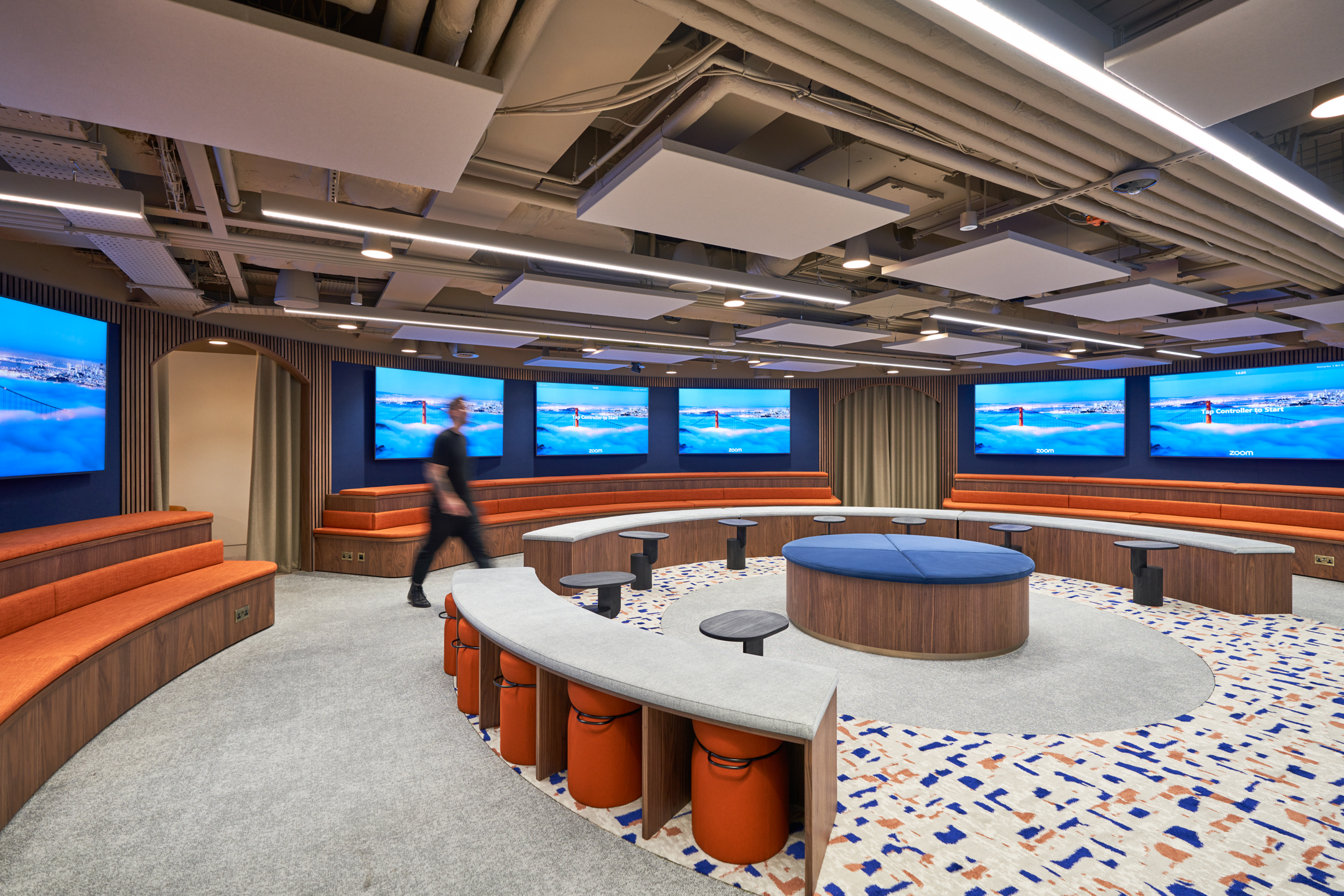
Place: Evolution of Buildings and Cities
The evolution of buildings and cities plays a crucial role in shaping human health and wellbeing. Cities have transformed from simple settlements to complex, interconnected hubs of innovation and culture.
Ecosystems and communities play a pivotal role in the evolution of cities, as they shape the social framework and contribute to the overall vibrancy of urban life. By embracing diversity and designing spaces that support interaction, a sense of belonging and collaboration, organisations can create environments that not only meet functional needs but also enrich the lives of individuals and strengthen the bonds within communities.
It is essential to approach the evolution of buildings and cities holistically, considering the dynamic interplay between physical and virtual interfaces, the ecosystems they support, and the communities they nurture. By doing so, we can create sustainable, inclusive, and resilient urban spaces that respond to the modern world’s ever-changing needs
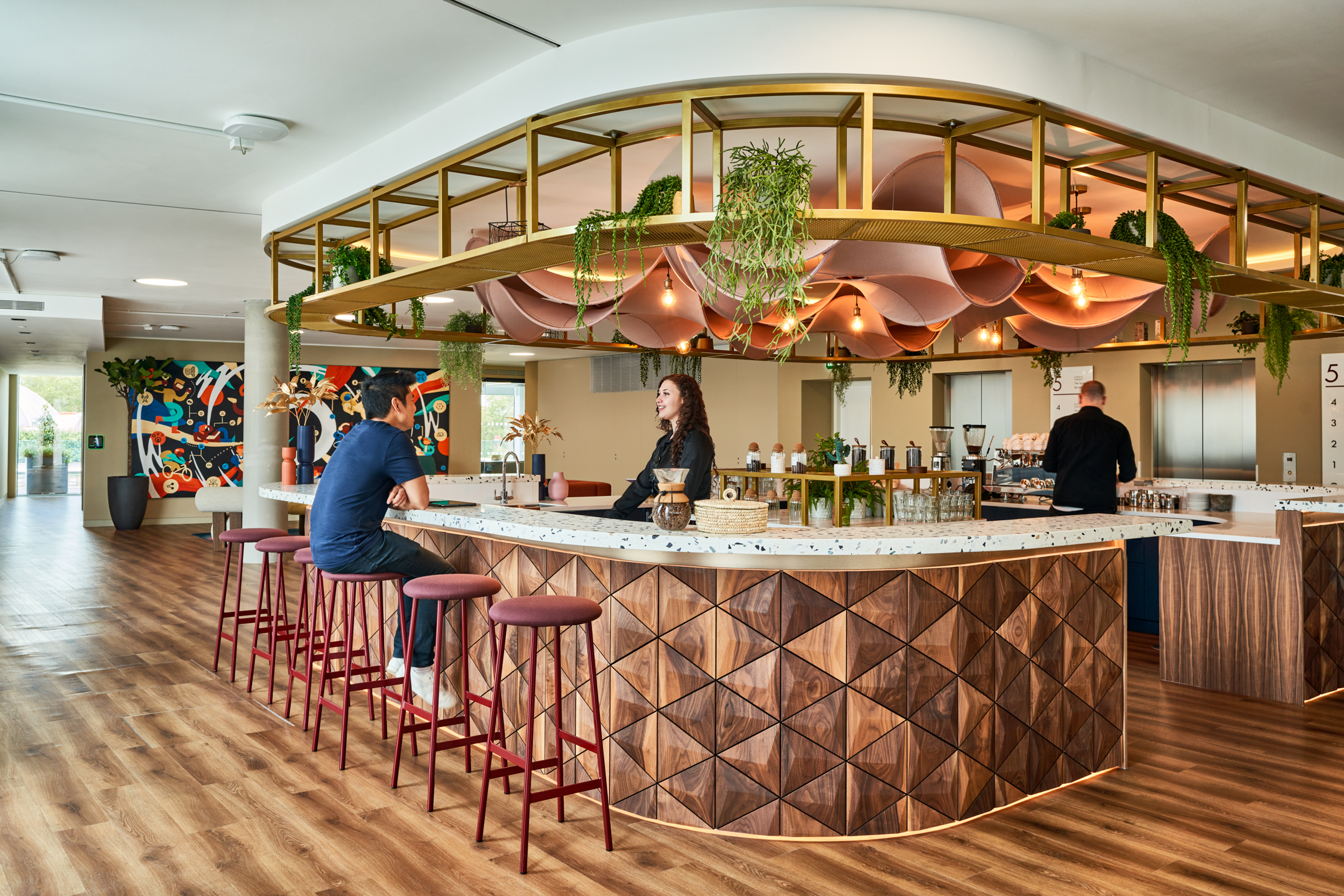
As we navigate the complexities of the modern workplace, one thing remains clear: the importance of connecting people, purpose, and place. Companies can create environments that inspire creativity, nurture collaboration, and enhance wellbeing by embracing hybrid work models, leveraging technology, and prioritising inclusivity and sustainability.
Explore Publicis Sapient workspace.
Find out more about our Office Design service here.
